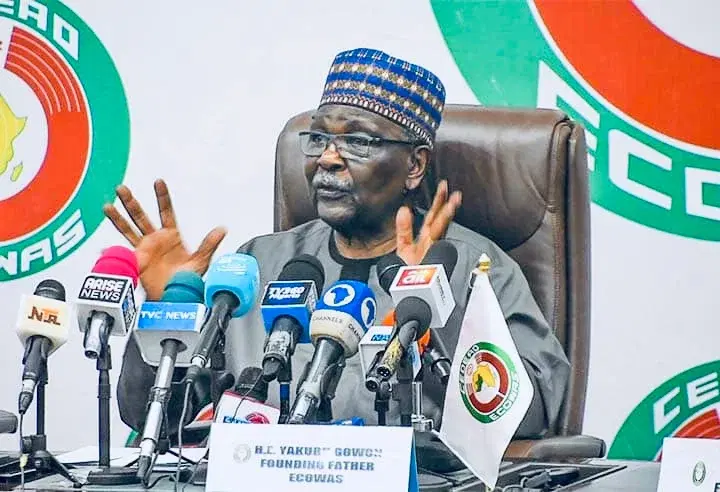The founders of the Indigenous People of Biafra (IPOB) have reacted strongly to comments made by General Yakubu Gowon, who led Nigeria during the Civil War. In a recent interview commemorating his 90th birthday, Gowon attributed the unrest in Nigeria, particularly the massacre of over three million Biafrans between 1967 and 1970, to the southeast’s attempts to secede from the country.
Emeka Emekesiri, the founder and vision bearer of the original IPOB, expressed that Gowon’s narrative fails to acknowledge the historical context and root causes of the conflict. Emekesiri stated, “I have always said that if there’s no secession, there wouldn’t be a breakout and there wouldn’t be a question of civil war because it got to the stage that the situation was getting pretty clear that a part of the country, the South-east wanted to secede.”
Emekesiri criticized Gowon for attempting to “hide the truth about the real cause of the war,” asserting that the general’s actions and decisions contributed to the conflict. He recalled Gowon’s admission of being unprepared for the Aburi Agreement meeting in Ghana, where discussions aimed at establishing confederation or regional autonomy for Nigeria took place. According to Emekesiri, Gowon’s failure to implement this agreement was a key factor that led to the outbreak of war.
Addressing Gowon directly, Emekesiri stated, “With due respect, I want to address you as an Elder. You are 90 and do not know when you will depart from this world to face your maker. We expect you to tell the truth.”
Emekesiri clarified that “confederation is not secession,” explaining that it represents a union of self-governing regions. He likened Nigeria’s potential to the United Kingdom, which comprises four nations—Scotland, England, Ireland, and Wales—suggesting that Nigeria could also evolve into a “Great Nigeria” with self-governing regions that respect local autonomy.
This exchange reflects ongoing tensions regarding the historical narrative of the Nigerian Civil War and the lingering impacts of colonialism and national unity in the country. The IPOB’s response serves as a reminder of the complexities surrounding issues of identity, governance, and historical memory in Nigeria.

